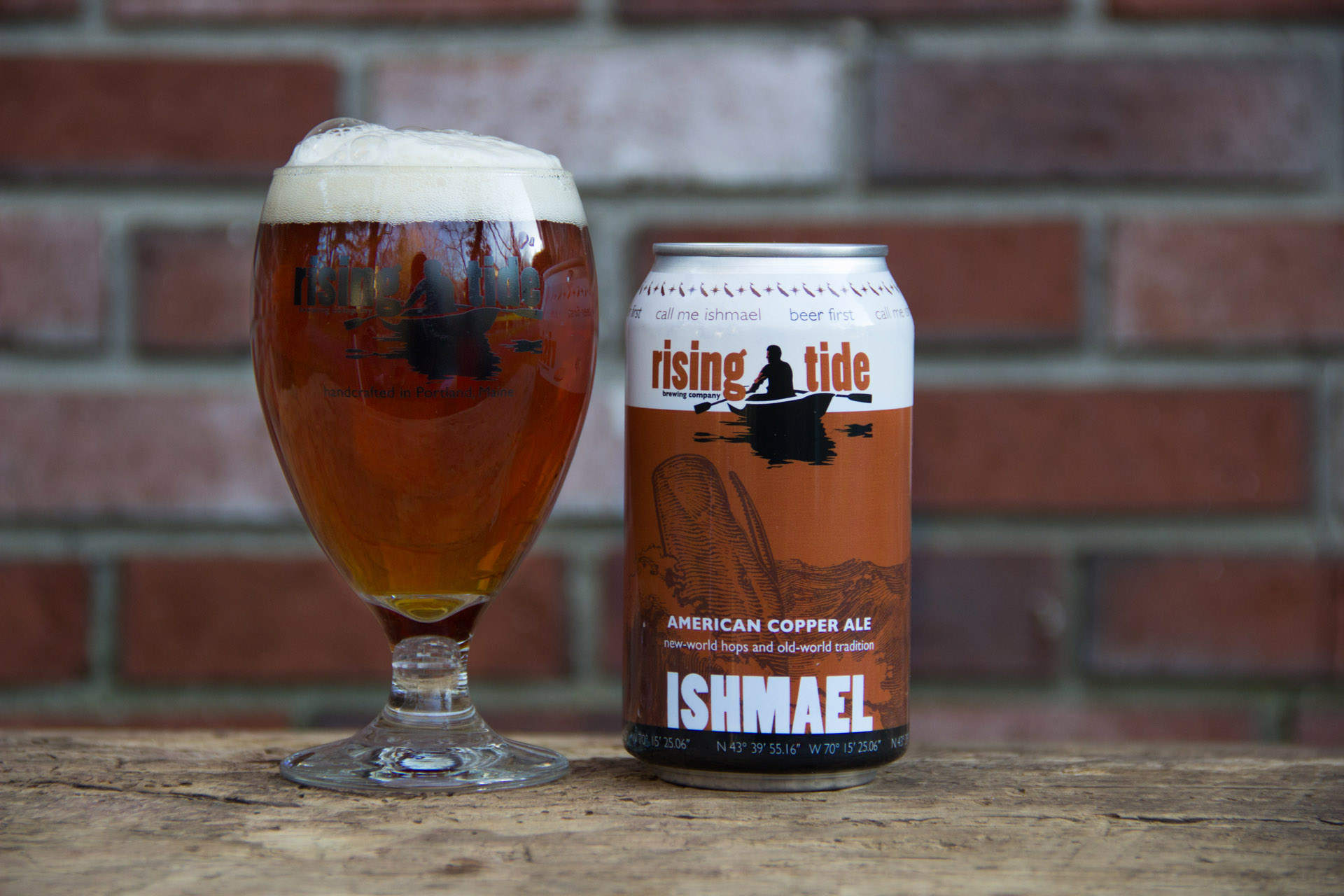
They wouldn’t have been able to claim we hadn’t given them a chance had we been upfront-they could have either refused us, proving our need to stand together, or they could have recognized us, proving our power together. Had we acted as one and faced management openly, I believe we would have been able to stand together against the anti-union campaign. The guilt-tripping implications that we should have just talked to the owners openly instead of being “secretive”, drove us from a majority with signed cards to a majority of “no’s” and “uncommitted”s. Standard anti-union claims like “the union is a third party and you’ll have to pay dues” never resonated with my co-workers but crying, bullying, and begging from management and a respected pro-company worker did. We knew there would be resistance- owner and Democratic State Senator Heather Sanborn has a reputation for acting in her business’ interest first. Other than some furtive meetings with our organizer, we took no real joint actions. We discussed, but tabled, an open letter to present at the start. We did not march on the boss to announce our intentions.

Principally, we failed to build solidarity within the workplace.

With a year-plus of COVID and unemployment since, there has been much time to reflect on our mistakes. We failed, calling off the election on its eve in the face of a relentless anti-union campaign from the bosses. We sought to improve communication, our working conditions, and establish new employment standards for other breweries in an industry that is overwhelmingly union-less. The history of organizing for better working conditions is rife with failed votes, unsuccessful boycotts, lackluster strikes, and each one can teach us something about our future efforts, and bring us closer to our victories.īetween February 2018 and January 2019, I led an effort to organize five to seven brewers and production assistants of the small independent Rising Tide Brewing Co., in the original Portland (with the best beer) – the one in Maine. At least I hope they do, because great beers like this are very underrepresented in the industry right now.A former worker at the Rising Tide brewery shares his thoughts on why a unionizing effort at his workplace ultimately failed. I think beers like this will begin to hit their stride in terms of popularity in the coming years. Hops are not shy and bring what seems to be a mix of American and Noble character. Fermentation is great, and it's very clean and ingredient-focused. O: This is a well-brewed beer, and you don't see too many brewers making this type of altbier-esque beer anymore. High carbonation has some acute scrubbing action and provides lift. M: Decisively medium bodied with a full, firm, and round mouthfeel. Trailing toasty grain and earthy/herbal hop bitterness on the finish. Hops are more assertive than the nose suggested, bringing their own sense of earthiness and bitter herbal spice, black pepper, and maybe even a suggestion of grapefruit rind.

T: Bread crust up front, pinch of brown cocoa, heavy toast, brown molasses, earthy grain.

Hops are pleasant and oily/grassy with a hint of herbal spice. Bread crust, caramel/molasses, pinch of brown cocoa. Chunky lacing cements itself onto the glass as the beer is consumed. Tight, fine-bubbled head sports a creamy color and excellent retention. A: Nice copper color with perfect clarity.


 0 kommentar(er)
0 kommentar(er)
